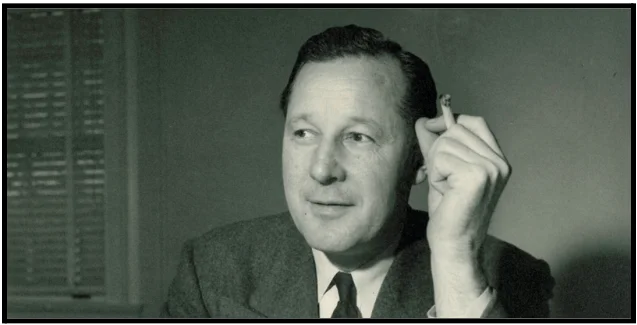How does your organization make the world better?
This is a foundational story for spokespeople. It lets your various audiences know why your organization is needed. That your work matters. And that everything your organization does is building towards a higher purpose.
Better World stories show your audience specifically how your organization is making a positive impact in the world.
Once you get this basic story internalized, you can adjust it to share with any audience: media, donors, policy folks, new hires, etc.
YOUR EXERCISE:
Craft a three-minute speech that shares your Better World Story.
Focus on character development. Perhaps someone has been harmed or held back in some way, and they are teaming up with your organization to solve their problem. Make your audience feel like they know the person (or people) involved in your story.
Be as creative as you’d like. These questions and suggested structure may help you get started:
QUESTIONS TO GET STARTED:
- Who are the people your organization was created to help?
- In a nutshell, what does your organization believe in?
- What is the long-term vision your organization is here to create?
- What problems exist now that prevent this vision from existing?
- How is your organization solving these problems?
- Who are the specific people that have been impacted?
- How is your organization working with people in the trenches to make their lives better? In what ways have you already succeeded?
STRUCTURE TO CONSIDER:
A. Vision: quick intro that clarifies what your organization believes in
B. The main character(s)
C. The problem
D. The solution
E. Why your organization is unique
A FEW SPEAKING TIPS:
- Begin bold and confident.
- Quickly share the vision for context and then immerse your audience in your story. Spend most of your time focused on your character(s).
- Bring moments to life with vivid detail.
- Consider an analogy, tailored to your audience.
- Delivery fundamentals: Smile, eye contact, and enthusiasm.
- Solid posture. Be mindful not to swivel, slouch, or sway.
- Punch & pause for the best stuff. Watch out for fillers & qualifiers.
- Let your personality shine. Resist the temptation to read from a script.
- Have a clear, confident ending.
Test your story often, incorporating feedback from yourself and others.




